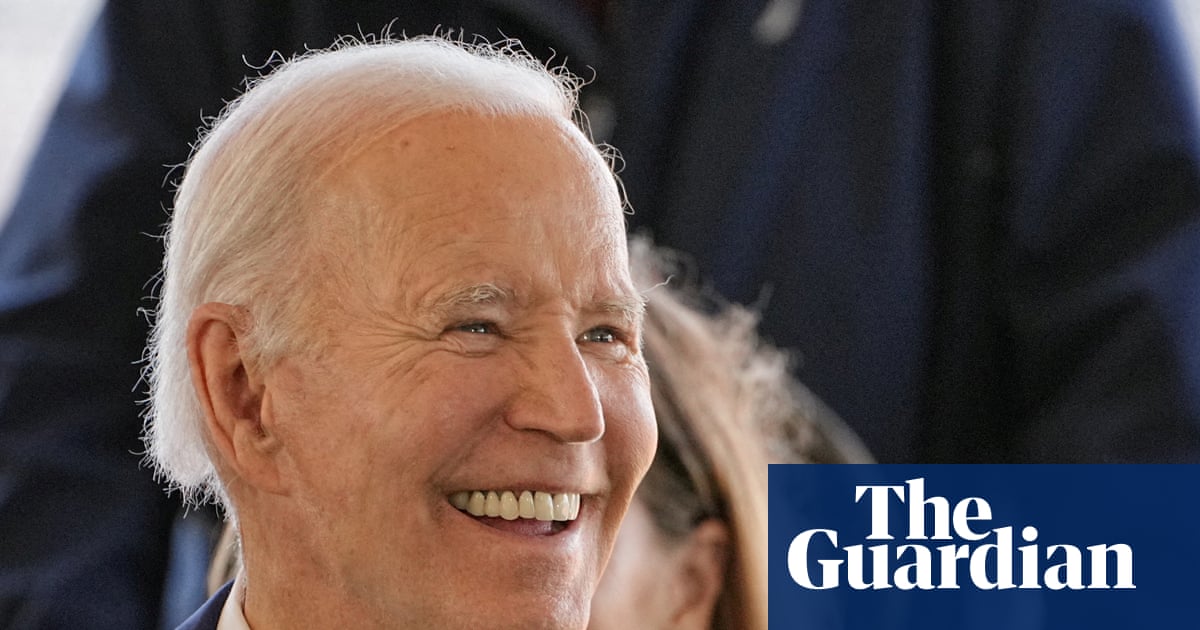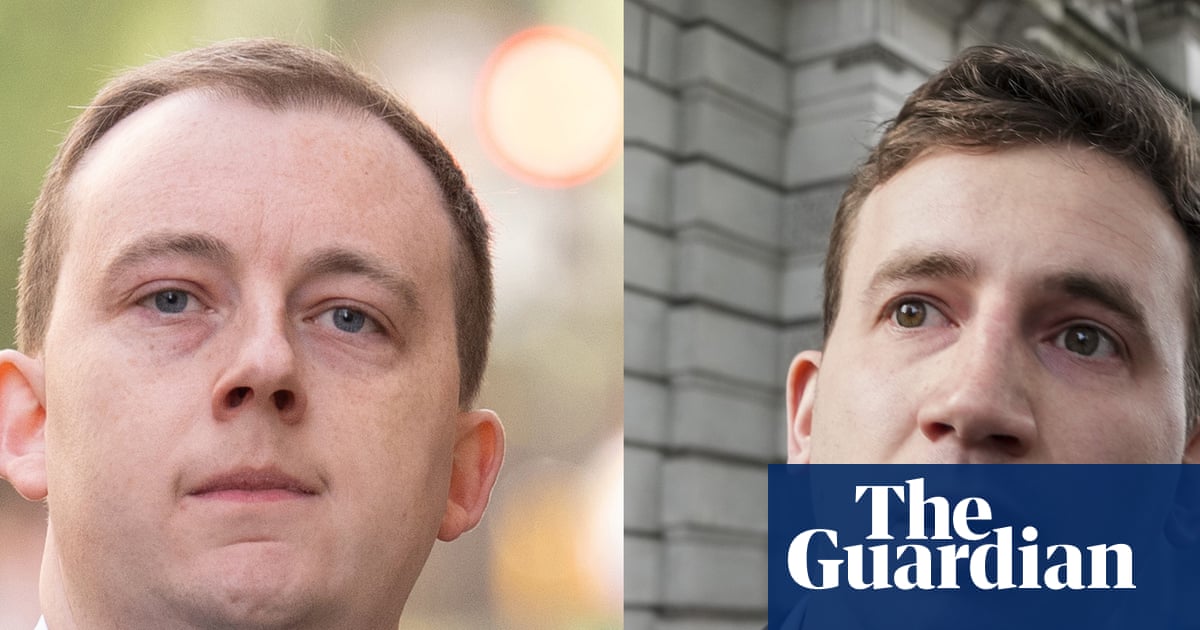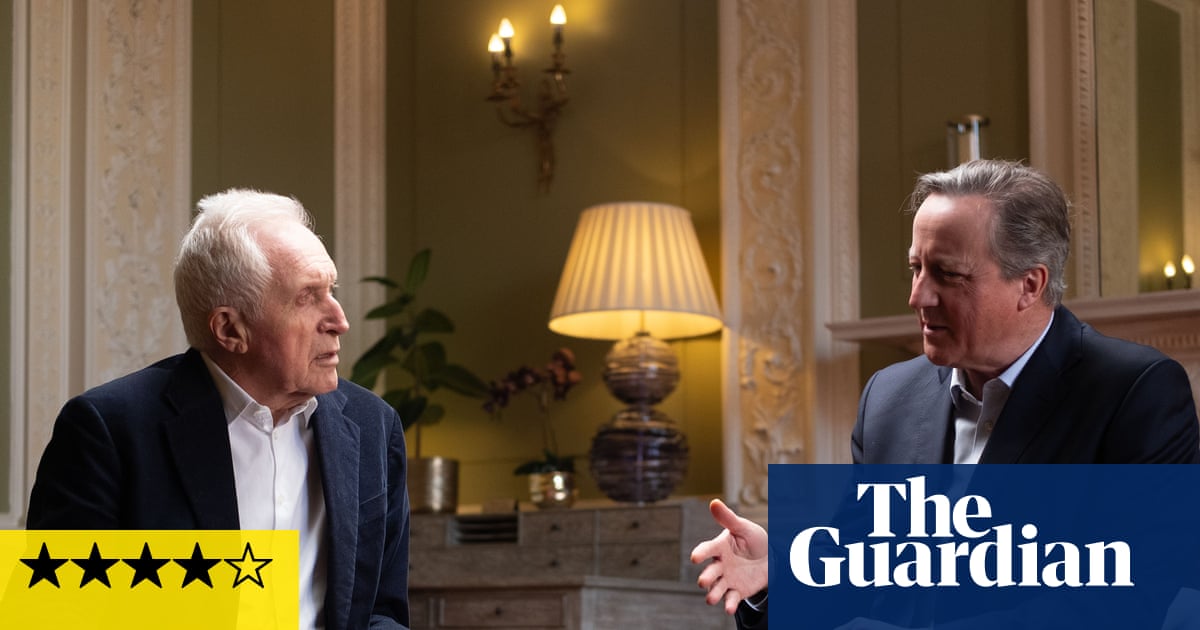Labour says the Conservative proposals to cut government spending cannot be taken seriously because of their record in office. In response to the overnight Tory briefing (see 7.59am), Anna Turley, the Labour party chair, said:
The Tories let welfare bills, civil service numbers and asylum hotel use skyrocket on their watch - and they’ve never apologised. Now they want to rehash failed promises from their failed manifesto to try to solve the problems they caused.
This is the same old Tories, with the same old policies. They didn’t work then and you can’t trust them now.
How Tories say they could cut £23bn from welfare budget
And this is what the Conservative party says about how it would cut welfare spending by £23bn over the course of the next parliament. (See 7.59am.) In its news release on this it says:
We will deliver £23 billion in savings by reforming non-pensioner welfare through:
-Restricting welfare to UK citizens
-Reforming sickness and disability benefits by ending access for lower-level mental health conditions and making greater use of face-to-face assessment
-Reforming housing benefit
-Reviewing the rates and exemptions from the Household Benefit Cap
-Limiting the VAT subsidy for Motability
-Reforming job-seeking obligations
-Retaining the two-child benefit cap
Tories claim they could save £47bn by slashing welfare, overseas aid and civil service
Good morning. In May, when Reform UK took control of 10 councils in England after successful election results, Nigel Farage, the party leader, promised that the new Reform councillors would slash wasteful spending, not least by purging funding for anything “woke”. Those with more experience of local government finances were sceptical, and today the Financial Times has a good story that shows why they were right not to take the Reform claims at face value. In her story, Anna Gross says:
Kent’s local authority is likely to raise council tax rates next year as Reform UK has struggled to find big savings under an Elon Musk-inspired cost-cutting drive.
Kent was one of 10 English councils that Nigel Farage’s rightwing populist party seized in a swath of victories at local elections in May this year. He vowed to save “a lot of money” by abolishing “wasteful” spending.
But Diane Morton, Reform’s cabinet member for adult social care on Kent county council, told the Financial Times that services in Kent were already “down to the bare bones”.
“We’ve got more demand than ever before and it’s growing,” she said, stressing she did not believe access to those services should be limited. “We just want more money.”
Gross quotes Morton as saying Kent is likely to raise council tax by 5%, the maximum allowed.
Why is this relevant? Because at the Conservative party conference today Mel Stride, the shadow chancellor, is also promising colossal savings – worth £47bn over the course of the next parliament. Half that money will come from welfare cuts.
In a news release, the party says:
On welfare we will replace the broken system of sickness benefits with one that properly targets help to those who need it most.
That will include stopping claims for people with low level mental health problems because what is really needed is treatment and support, not cash.
We will also ensure that only British citizens can access welfare – ensuring that citizenship of this country means something.
The Conservative party are also committing to reversing any lifting of the two-child benefit cap.
Our measures will bring the welfare bill down by £23bn.
We will also take significant steps to reform the Civil Service.
There were 384,000 civil servants in 2016, but today that number has risen to a staggering 517,000.
This is unsustainable, so the Conservative party will bring those numbers back down to 2016 level: a measure that will save one pound in every four spent.
This will represent a saving of £8bn.
The Conservatives will also deliver serious cuts to the overseas aid budget because we cannot justify taxing people in this country to pay for billions of spending abroad. This will save nearly £7bn.
Additionally, the Conservatives will deliver significant savings through its Borders plan, which will end the asylum hotel scandal by removing all those who arrive illegally and save at least £3.5bn. By ensuring that benefits and social housing are for UK nationals we will free up nearly £4bn of council housing subsidy.
Finally, the Conservatives will scrap the costly and ineffective green subsidies being pushed by Ed Miliband, freeing the taxpayer and the public finances from his eco-experimentation and Net Zero by 2050 zealotry.
The Tories are also announcing that they would use part of the savings to fund a £5,000 national insurance bonus for young people, to be used towards the cost of a first home.
Stride has been doing interviews this morning, ahead of his speech to the conference. I will post the highlights soon.
Here is the agenda for the day.
10am: Mel Stride, the shadow chancellor, opens the morning session of the conference. Other speakers on the platform are Claire Coutinho, the energy secretary, at 10.30am; Julia Lopez, the shadow technology secretary, at 10.55am: and Victoria Atkins, the shadow environment secretary, at 11.30am.
10am: Andrew Mitchell, the former international development secreary, and Nadhim Zahawi, the former chancellor, take part in a fringe meeting on aid.
10.30am: Stride speaks at a fringe event organised by Next Gen Tories.
11.40am: James Cleverly, the shadow housing secretary, takes part in a Q&A at an Onward fringe.
11.30am: Downing Street holds a lobby briefing.
1pm: Tom Tugendhat, the former security minister, speaks at a fringe meeting on winning back young voters. At the same time Priti Patel, the shadow foreign secretary, is speaking at an event on lessons to be learned from Germany, and Katie Lam is speaking at a fringe meeting on crime.
1.30pm: Robert Jenrick, the shadow justice secretary, takes part in a Q&A at a Spectator fringe.
2pm: Andrew Griffith, the shadow business secretary, opens the afternoon session of the conferences. Other speakers on the platform are Helen Whateley, the shadow work and pensions secretary, at 2.25pm; Richard Holden, the shadow transport secretary, at 2.50pm; Nigel Huddleston, the shadow culture secretary, at 3.15pm; and Cleverly at 3.40pm.
2.30pm: Patel takes part in a fringe Q&A organised by the Coalition for Global Prosperity.
3.15pm: Chris Philp, the shadow home secretary, speaks at a fringe meeting on migration.
If you want to contact me, please post a message below the line when comments are open (normally between 10am and 3pm BST at the moment), or message me on social media. I can’t read all the messages BTL, but if you put “Andrew” in a message aimed at me, I am more likely to see it because I search for posts containing that word.
If you want to flag something up urgently, it is best to use social media. You can reach me on Bluesky at @andrewsparrowgdn.bsky.social. The Guardian has given up posting from its official accounts on X, but individual Guardian journalists are there, I still have my account, and if you message me there at @AndrewSparrow, I will see it and respond if necessary.
I find it very helpful when readers point out mistakes, even minor typos. No error is too small to correct. And I find your questions very interesting too. I can’t promise to reply to them all, but I will try to reply to as many as I can, either BTL or sometimes in the blog.

.png) 1 month ago
38
1 month ago
38

















































